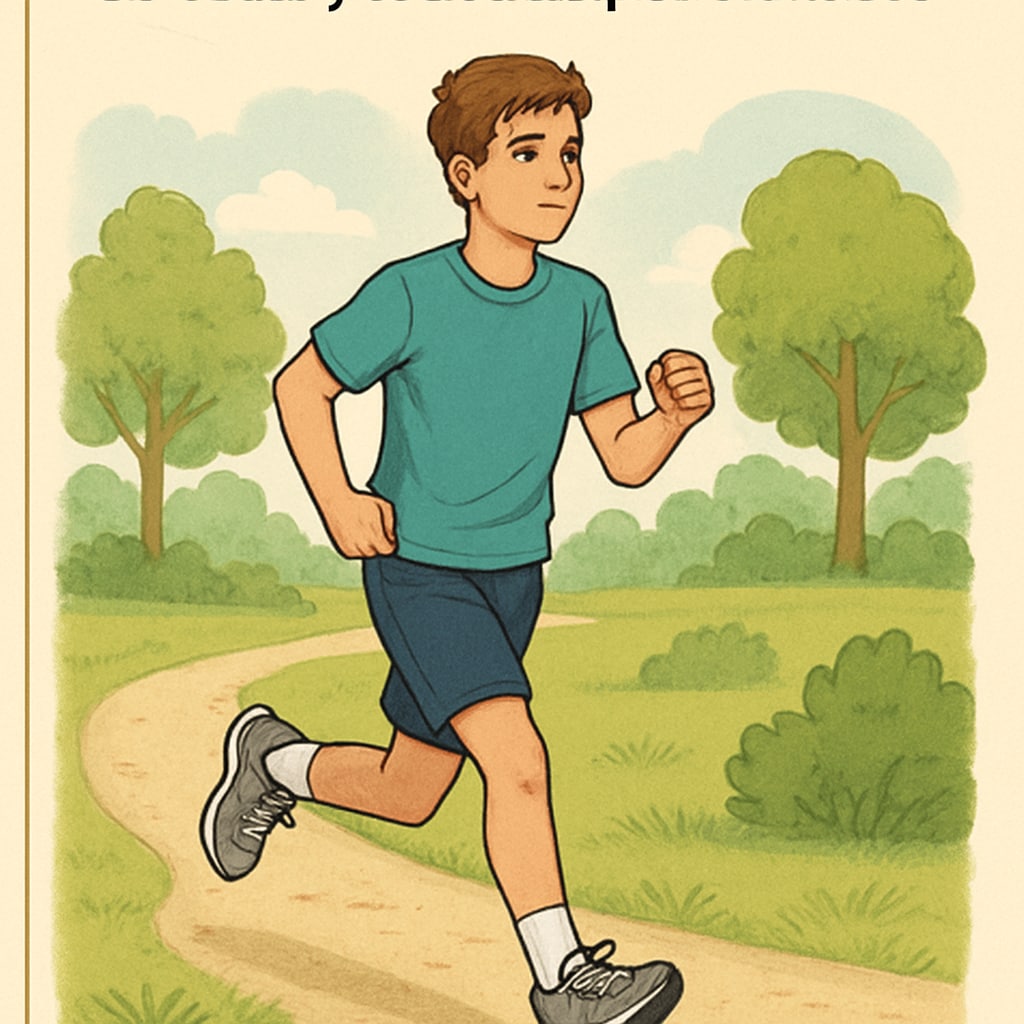Teenagers who face academic struggles often find themselves trapped in a cycle of unhealthy habits and lack of motivation. Addressing such challenges requires a multifaceted approach that involves family education, understanding their root causes, and fostering a supportive environment for youth development. This article will guide parents and educators through practical strategies to help teens regain focus and build a balanced lifestyle.
Understanding the Root Causes of Academic and Habitual Struggles
Before diving into solutions, it is crucial to understand why teens may lose motivation or develop unhealthy habits. Common factors include stress, peer pressure, lack of guidance, or unresolved emotional issues. For example, a teen struggling with academic performance may feel overwhelmed by expectations, leading to procrastination or avoidance behaviors. By addressing these underlying causes, parents and educators can better tailor their support to meet the teen’s needs.

Building Trust and Communication as the Foundation
Effective family education often begins with trust and open communication. Teens are more likely to respond positively when they feel heard and understood. Here are some practical steps to strengthen relationships:
- Active Listening: Pay full attention when your teen expresses their concerns or frustrations.
- Judgment-Free Zones: Avoid criticizing or dismissing their feelings; instead, validate their experiences.
- Regular Check-Ins: Schedule time for casual conversations to maintain a connection without pressure.
Once trust is established, parents can introduce constructive feedback and guide teens toward productive solutions.
Promoting Practical and Healthy Lifestyle Changes
Unhealthy habits, such as poor sleep schedules, excessive screen time, or irregular eating patterns, can hinder a teen’s academic progress. Encouraging small, manageable changes can have a significant impact:
- Set Routine Goals: Help them establish consistent sleep and study schedules.
- Incorporate Physical Activity: Suggest activities like walking, yoga, or team sports to boost energy and focus.
- Healthy Eating Habits: Provide nutritious meals and snacks that support cognitive function.
These adjustments can improve their overall well-being and help them stay focused on their academic goals.

Introducing Motivation Techniques for Academic Success
To help teens rediscover their learning motivation, consider using strategies that align with their interests and strengths:
- Set Achievable Goals: Break larger tasks into smaller milestones to avoid overwhelm.
- Celebrate Progress: Reward their efforts, whether through verbal praise or small incentives.
- Incorporate Interests: Relate academic topics to their hobbies or passions to spark curiosity.
Additionally, introducing tools like planners or apps can help them organize and track their progress effectively.
Seeking Professional Support When Necessary
In some cases, academic struggles and unhealthy habits may stem from deeper issues, such as mental health challenges or learning disabilities. If these concerns persist, seeking professional support from therapists, counselors, or educational specialists is essential. For example, cognitive behavioral therapy (CBT) can help address negative thought patterns, while tutoring can provide targeted academic assistance.
Remember, reaching out for help is not a sign of failure but a proactive step toward ensuring the teen’s long-term success.
Helping teens overcome academic struggles and unhealthy habits is a journey that requires patience, understanding, and consistent support. By fostering trust, addressing root causes, and implementing practical strategies, parents and educators can empower teens to thrive academically and personally. As a result, they can develop lifelong skills that contribute to their overall growth and well-being.
Readability guidance: Use concise paragraphs and actionable lists to maintain clarity. Incorporate transition words to ensure smooth flow and focus on active voice for most sentences.


